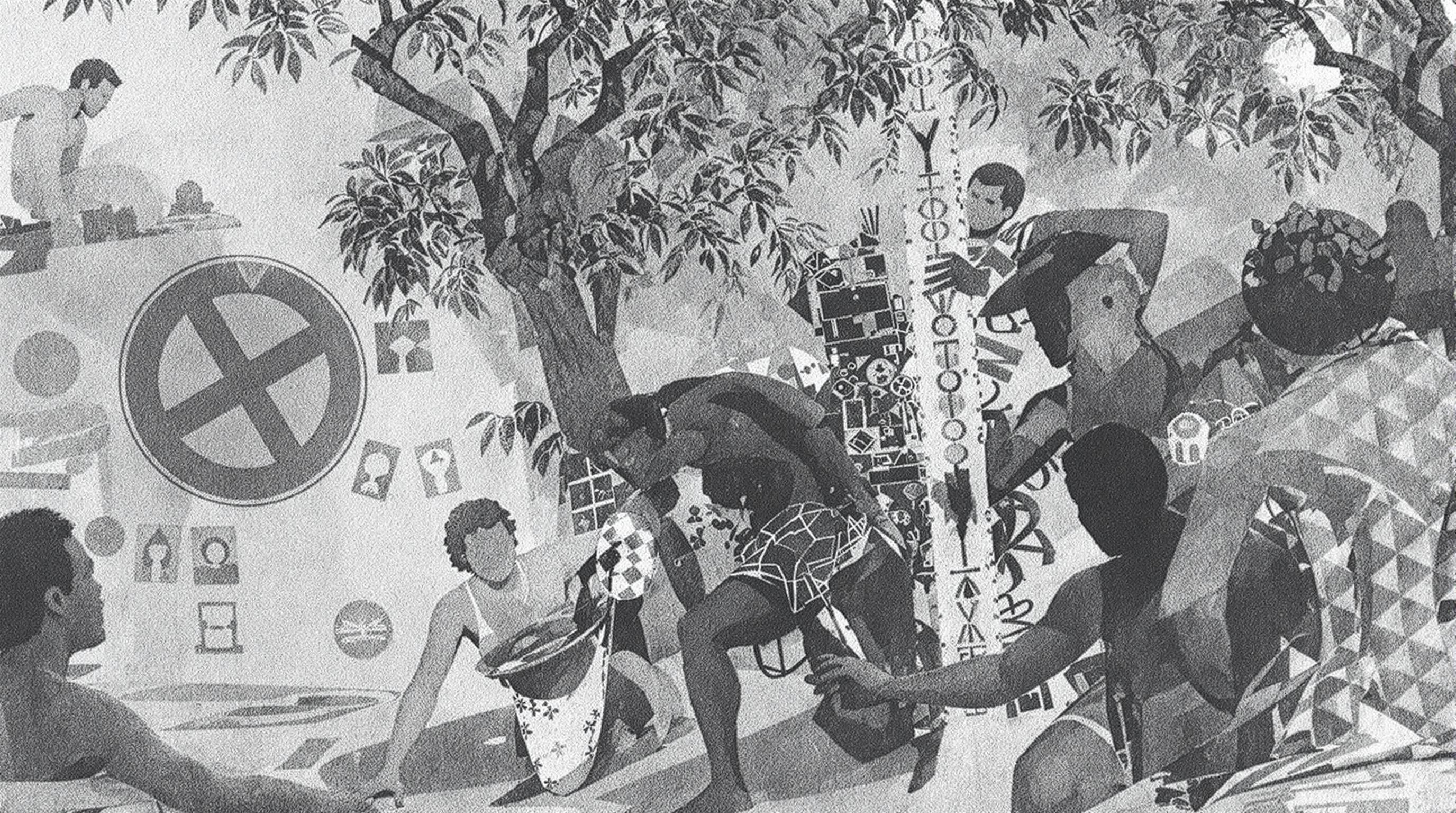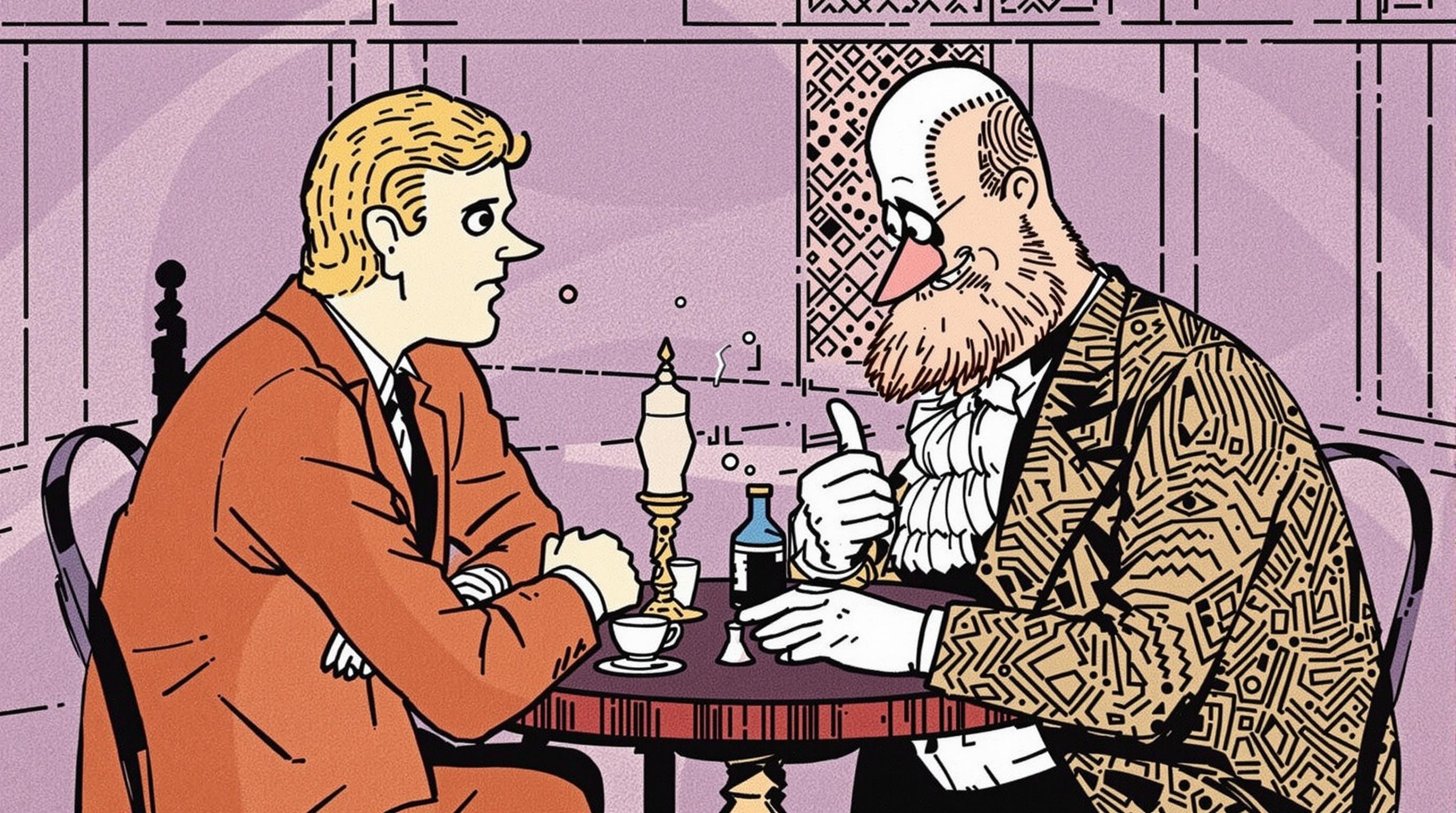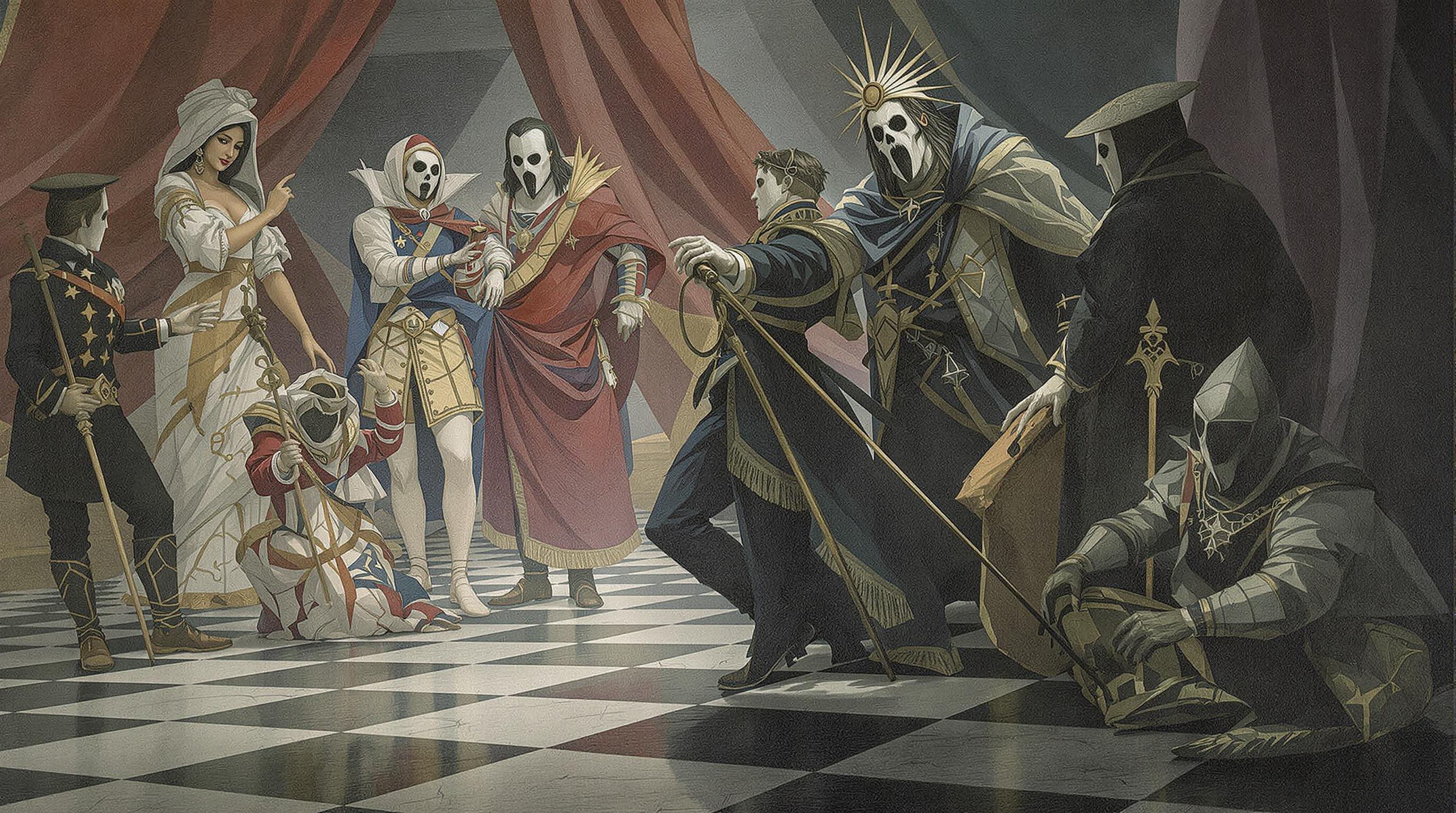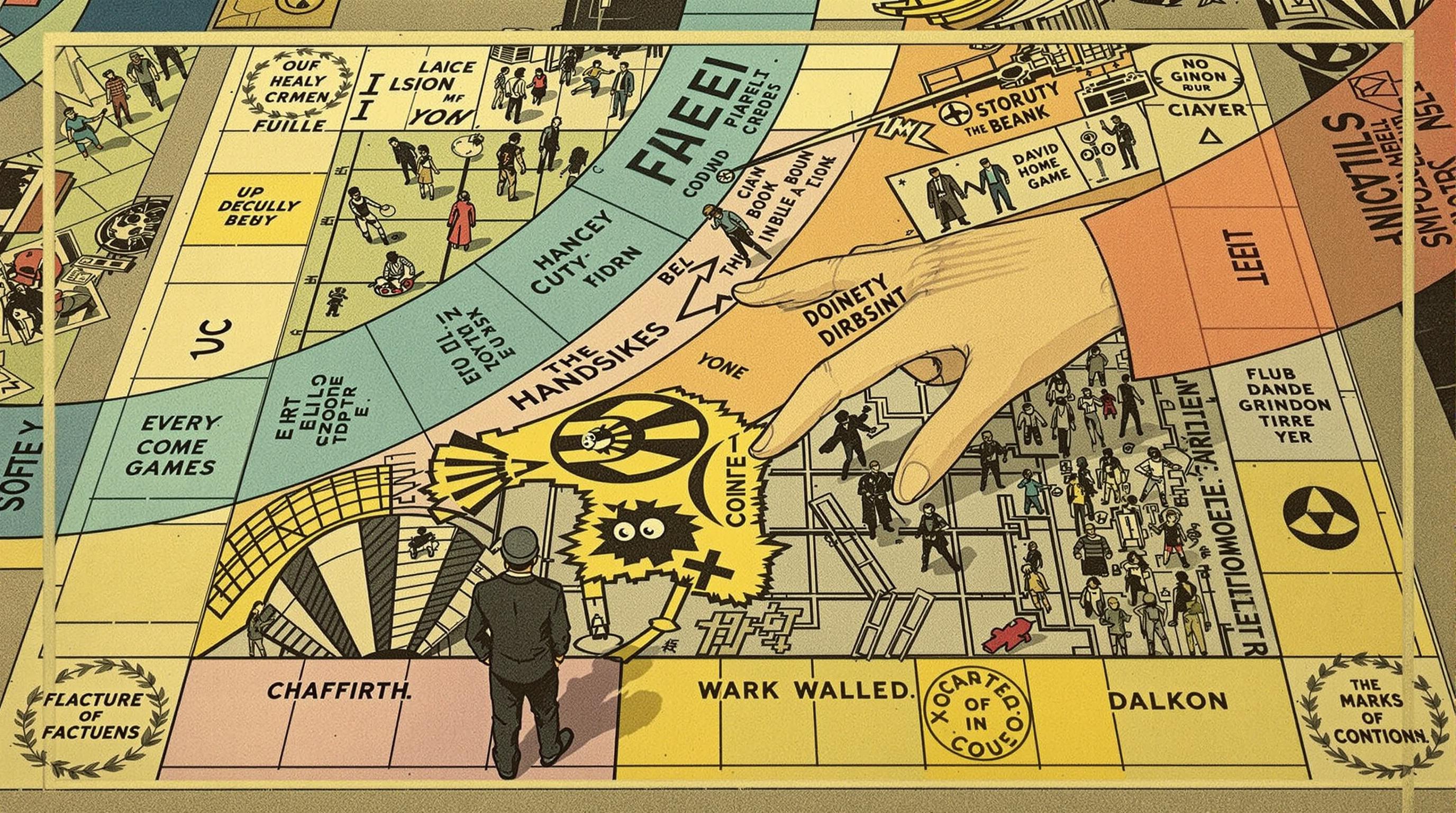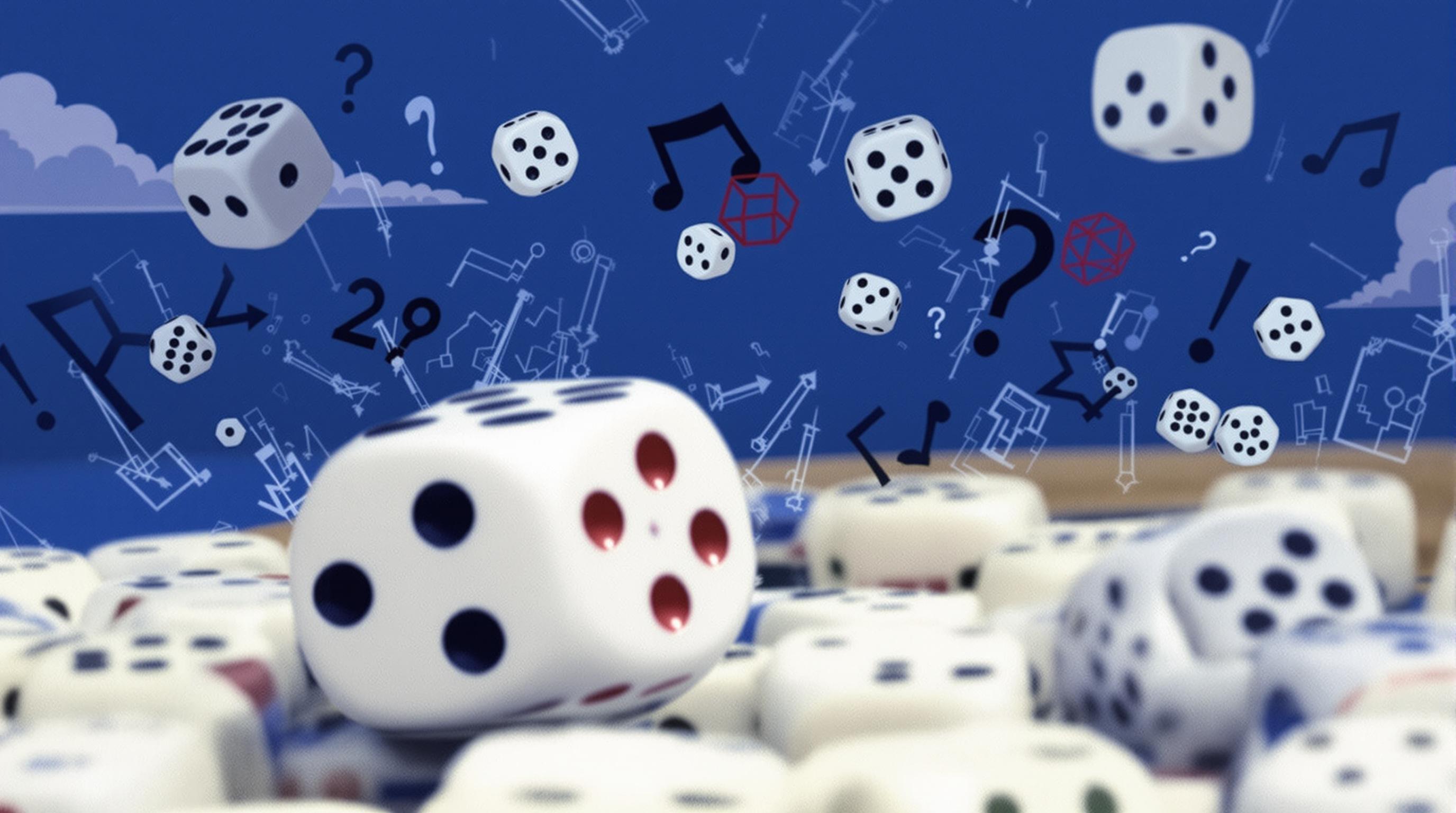Related Articles
- Cultural Collisions: How Colonialism and Conquest Transformed Games and Their Rules Across Continents
- The Eccentric Anomalies of Game Etiquette: Odd House Rules That Defied Generations
- Unveiling the Unconventional: The Role of Secret Societies in Shaping Game Regulations Across Time
- Revisiting the Cultural Phenomenon: How Iconic Championships Influenced Fashion Trends on and off the Field
- Revisiting the Aftermath: How Championship Wins Shape Community Identity and Local Economies
- The Role of Unexpected Weather Events in Shaping Championship Outcomes: A Tidal Wave of Influence
Cultural Collisions: How Colonialism and Conquest Transformed Games and Their Rules Across Continents
Cultural Collisions: How Colonialism and Conquest Transformed Games and Their Rules Across Continents
The collision of cultures spurred by colonialism and conquest has irrevocably transformed games and their rules around the globe, weaving a rich tapestry of shared experiences and rivalries. From traditional board games to modern video games, the legacies of colonization have redefined recreation, power dynamics, and cultural narratives across continents.
Introduction: The Origins of Play
Games have been an intrinsic part of human society for millennia. Archaeological finds, such as ancient game boards in Mesopotamia, affirm that play has been a cornerstone of community engagement and fundamental in social bonding. The evolution of these games often reflects the context of their development, intertwined with politics, culture, and, notably, colonial encounters.
Colonization: The Overarching Umbrella
Colonialism, often termed a conduit of cultural exchange, brought about significant transformations in communities around the world. As European powers expanded their territories, they absorbed and adapted numerous local customs, including games, often imposing their modified versions upon the indigenous populations. These enforced changes created a peculiar blend of cultures that gave birth to hybrid games.
A Diverse Palette of Games
Consider the game of chess, which emerged from ancient Indian chaturanga and traveled through Persia to Europe. Once a game limited to the royal courts, chess became a staple of Western strategy games, symbolizing intellectual duels. In contrast, indigenous games across Africa, Asia, and the Americas often faced marginalization, only to be resurrected in contemporary contexts that celebrate their roots.
Statistics Don't Lie: The Popularity of Board Games
According to a 2020 report by the Accessories Council, the global board game market was valued at approximately $11 billion, showcasing a substantial rise from previous years. The resurgence of interest in board games recalls the blending of various cultural influences—demonstrating that these games are not merely entertainment but cultural artifacts worth noting, especially in a globalized world.
The Struggle for Authenticity
While playing, do you choose Monopoly, an incarnation of capitalistic ambition bred in the throes of American capitalism, or do you opt for a local variant reflecting communal life? The struggle for authenticity has shaped many communities, with traditional games often showcasing local values and norms. In this sense, the colonial experience complicates narratives around competition, community, and identity.
The Case Study of Ludo
Take Ludo, derived from the ancient Indian game of Pachisi. When introduced to colonial India by British officials, it traveled swiftly to Britain and beyond, transforming into an emblem of home entertainment. Ludo underwent European iterations, becoming simplified yet widely popular, often overshadowing its cultural origins.
Reclaiming Spaces, Resurrecting Traditions
This begs the question: how have colonized nations responded to the loss of their games? The revival of traditional games through cultural festivals and community engagement signifies a reclaiming of identity and history. For example, indigenous Australians have worked diligently to preserve traditional games, such as Marngrook, using them as vehicles for cultural education.
The Evolution of Video Games: From Violence to Community
The transformation didn't stop with board games; video games have also experienced the waves of cultural collision. Early video games often mirrored Euro-centric narratives, focusing on conquest and battle, such as in titles like *Age of Empires* or *Assassin's Creed*. However, recent developments, like *Ghost of Tsushima*, have made strides in integrating authentic cultural narratives, positively portraying non-Western stories and enriching the experiences of players worldwide.
The Humor and Irony of Globalization
Ironically, we often find humor amid these colonially charged encounters. Picture this: Victorian-era gentlemen, explaining the rules of backgammon over tea while women and children engage in traditional games outside. The juxtaposition is not only amusing but a stark reminder of the societal transformations sparked by colonial rule.
Gaming for Social Justice
Games have also emerged as powerful platforms for advocacy. In 2019, the game *Sea of Solitude* tackled mental health issues with narratives drawn from the lived experiences of its creator, Jo-Mei Wu, highlighting the diverse voices that emerge in gaming. The blend of storytelling and play encourages awareness and empathy, possibly even transforming perspectives birthed from colonial constructs.
Conclusion: The Future of Play in a Post-Colonial World
As we explore the evolution of games, it’s crucial to recognize the shifting dynamics and emerging narratives. The future of play may lie in a world where a multitude of voices is not only heard but celebrated—a future in which traditions and modernity coexist harmoniously. Just like the games we cherish, humanity itself constantly evolves, adapting to the cultural landscapes shaped by centuries of interaction.
A Final Thought
So, as you sit down for your next board game night or dive into a new video game, remember the rich heritage and histories behind each play. These games, forged through centuries of cultural collisions, serve not merely as entertainment but as reflections of our shared human experience—an intricate dance between the past and the present.
In the realm of games, we are all players in a larger narrative, and understanding this narrative can enrich our relationship with play. Whether you're 16 or 70, the world of games offers endless avenues for exploration, understanding, and—most importantly—connection.
